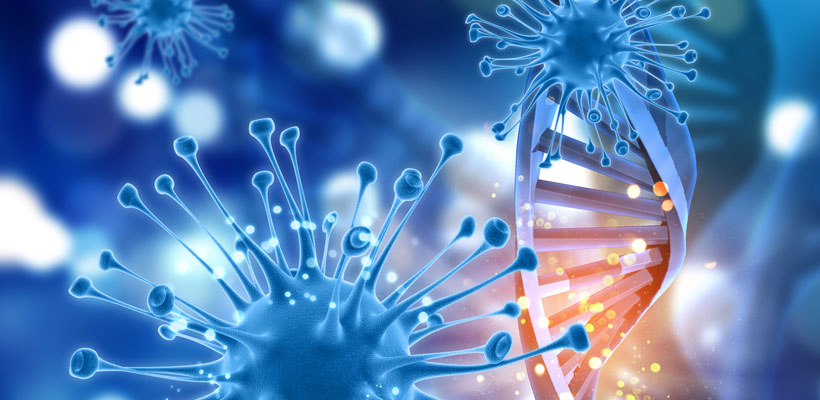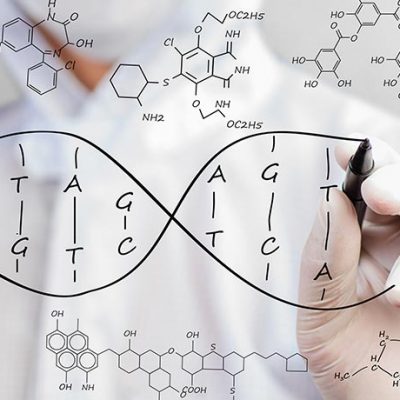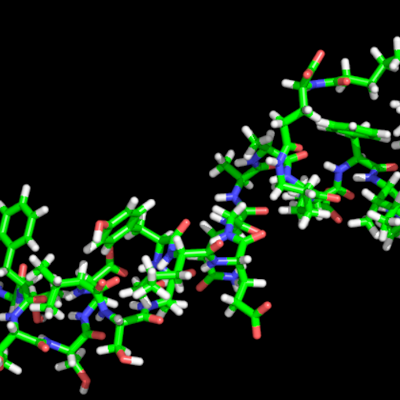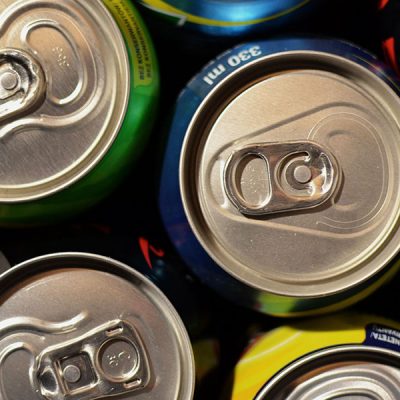
Cancer mutation uses fat for fuel
New research published in Cell Metabolism has found that a certain melanoma mutation will cause the cancer to grow faster in a high-fat diet. The study was conducted on mice and found that cancers driven by a mutation in BRAF V600E (which is found in 60% of all melanomas) would thrive when the mice were given high-fat diets, alternatively, when they were fed lipid-lowering diets, the growth of the cancers slowed considerably. Most cancer cells display high glucose uptake, and recently low-carbohydrate diets have been tried as a therapeutic strategy against cancer. This research highlights that other factors could be at play, such as the BRAF V600E gene mutation; in this case a low-carbohydrate diet would not be helpful.
The research highlights the idea that diets can be specifically tailored to an individual’s needs, especially to prevent or delay tumour progression. Whilst human cancers can differ slightly in their metabolic properties, the researchers stress that this data could lead to more research into the designing of dietary regimens for cancer patients. At this point the researchers cannot be clear about which types of diets may trigger this, however they have managed to identify a compound known as acetoacetate as one of the triggers of this phenomenon, more research is being conducted.




